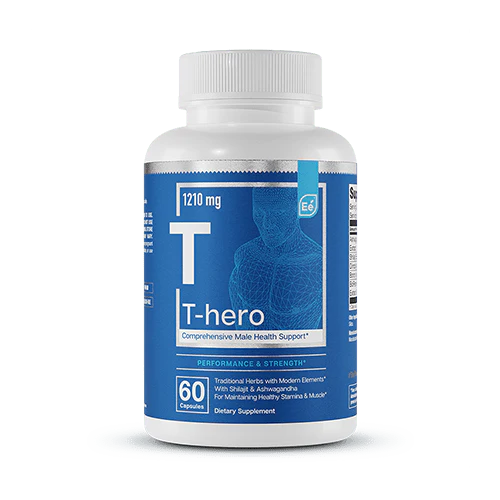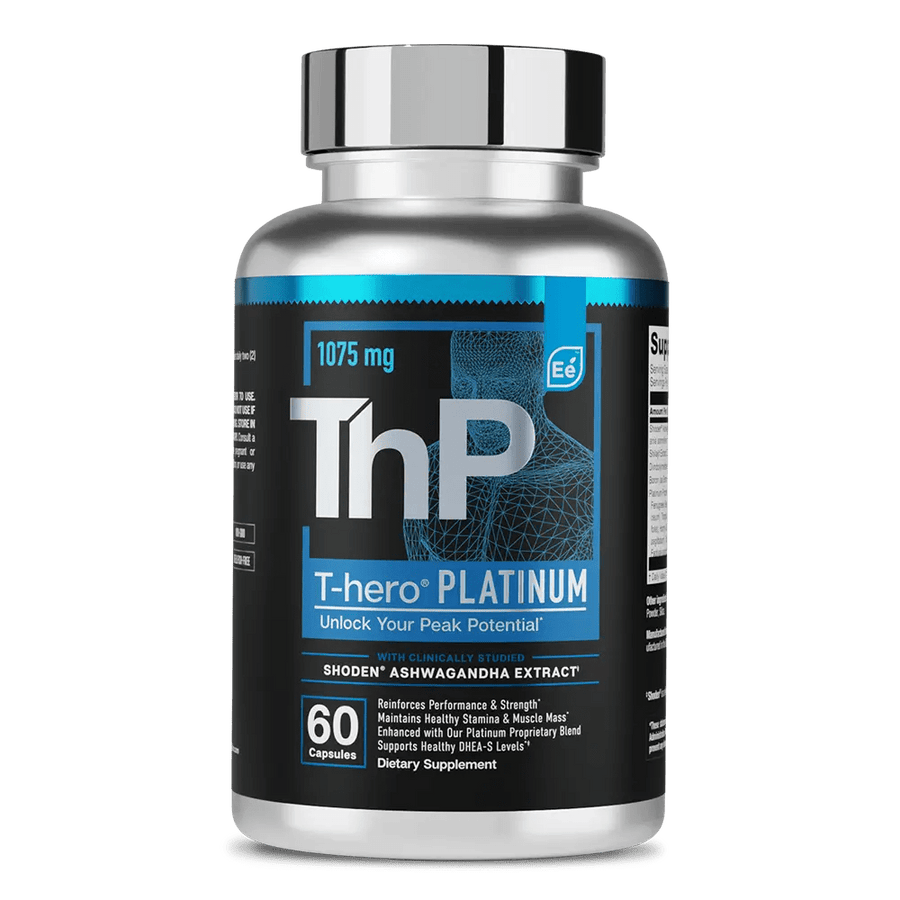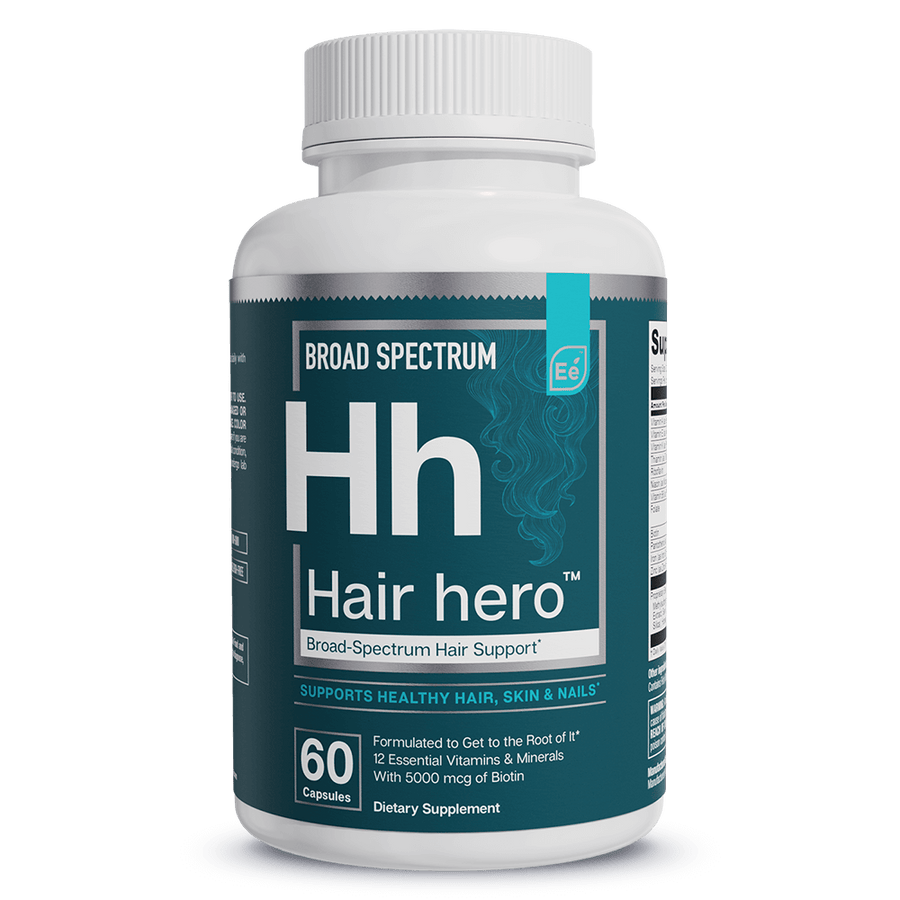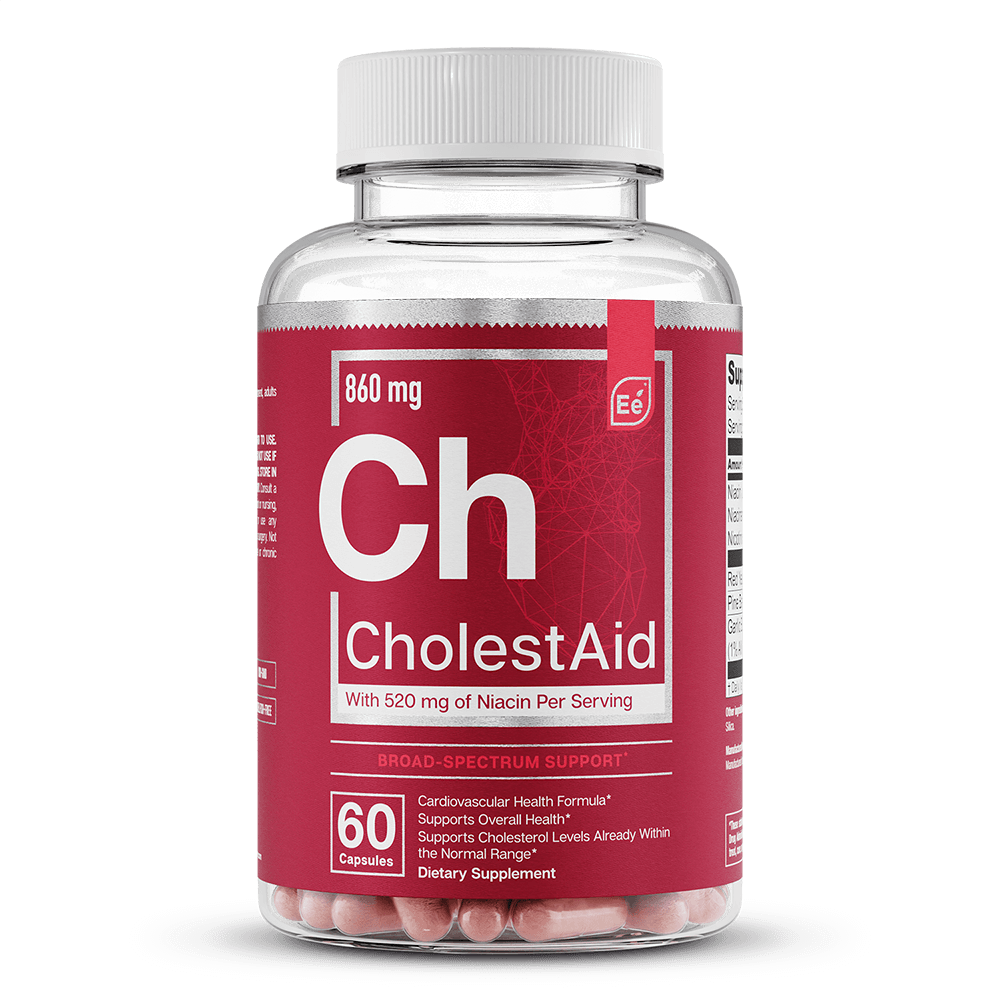Maximizing Gains: Insight from a Fitness Expert on How to Get the Most from Your Workout
Are you confused about the best ways to approach a fitness routine? Maybe you know your way around the gym, but you’re not seeing the results you were expecting. How do you measure progress? How hard should you push yourself? The questions are endless, and the advice isn’t always reliable or practical.
We went straight to the source and sat down with Dr. Fernando Titus to answer some of the most frequent questions people have about strength training, muscle recovery, and which fitness supplements are worth the hype. As a personal trainer and former level-1 athlete, he is a goldmine of experience and knowledge, and he’s got a collection of methods that will keep you on the right track to hit all your fitness goals.
Learn more about his approach to creating an effective workout strategy and how you can unlock the secrets to a dynamic and rewarding fitness journey. Tune in to these expert insights to expand your fitness toolkit and unleash your Hulk-like power.
Dr. Fernando Titus, D.C., is a practitioner of chiropractic medicine, a personal trainer, and a former high-level athlete with a background in performance strength training, advanced conditioning, and rehabilitative training. He draws upon his background in nutritional science, anatomy, and sports physiology to inspire people to improve their lives by strengthening their physical stamina and overall health.
Do I need to work out every day? How often should I workout?
It is not necessary to work out every day. The frequency of your workouts depends on your fitness goals, your current fitness level, and the intensity of your workouts. You should aim to engage in moderate aerobic activity for at least 2.5 hours per week or vigorous aerobic activity for ~1 hour per week, along with strength training exercises twice a week.
How long should I workout for?
The duration of your workout depends on your fitness level, goals, and the type of exercise you're doing. For cardiovascular workouts, aim for at least 30 minutes of moderate-intensity exercise most days of the week. When it comes to strength training, a session of 45-60 minutes focusing on different muscle groups is sufficient. However, it's essential to listen to your body to avoid overexertion and injury.

What’s the best way to warm up before a workout? Stretching, foam rolling, light cardio, etc.?
A comprehensive warm-up should include dynamic stretches, light cardio (like jogging or cycling), and exercises that mimic the movements of your intended workout.
This helps to
♦ increase blood flow
♦ raise core body temperature
♦ improve joint mobility
♦ activate the muscles you'll be using
Foam rolling can also be beneficial for releasing muscle tension, but it's typically done after the warm-up or as a separate recovery practice.
What are your thoughts on cardio? Is it the most effective way to burn fat?
Cardiovascular exercise is an effective way to burn calories and promote fat loss, especially when combined with a healthy diet. However, it's not the only way to burn fat. Strength training and high-intensity interval training (HIIT) can also contribute to fat loss by increasing metabolism, building lean muscle mass, and improving overall body composition. The best approach is to incorporate a mix of cardio and strength training for optimal results.
If I’m trying to pack on muscle, will cardio interfere with my gains?
Moderate amounts of cardio can complement muscle-building efforts without significantly interfering with gains. However, excessive cardio can potentially impede muscle growth, especially if calorie intake is insufficient to support both goals. If muscle gain is your primary objective, it's important to prioritize strength training and ensure adequate nutrition to provide the necessary building blocks for muscle growth.
How often should I have rest days?
Rest days are crucial for recovery and avoiding overtraining. Aim for at least one or two rest days per week, where you engage in lighter activities or complete rest. However, the exact number of rest days needed varies depending on individual factors, such as training intensity, volume, and overall recovery capacity. Listen to your body, and if you feel consistently fatigued or experience signs of overtraining, consider taking additional rest days.
How much weight should I lift during strength training? Does more weight = bigger gains?
The weight you lift during strength training should be challenging enough to fatigue your muscles within the desired rep range for your goals. For strength and muscle growth, aim for a weight that allows you to complete 8-12 reps with proper form. While lifting heavier weights can lead to greater strength gains, it's essential to prioritize proper form, progressive overload, and consistency over solely focusing on lifting heavier weights.

How often should I work out my abs?
The frequency of abdominal workouts depends on your goals and overall training program. If you want to strengthen and tone your abs, training them 2-3 times per week can be sufficient. However, it's worth noting that core engagement occurs during many compound exercises, so dedicating separate sessions solely for abs may not always be necessary.
How do I deal with soreness? Can and should I work out when my muscles are sore?
Muscle soreness is common, especially when starting a new exercise program or increasing intensity. It's generally safe to work out when your muscles are sore, but it's important to listen to your body and avoid overexertion. Engaging in light, low-impact activities, foam rolling, and stretching can help alleviate soreness. If the soreness is severe or accompanied by sharp pain, it may be necessary to take a day or two of rest.
What’s the best way to measure my progress?
Measuring progress goes beyond just the number on the scale. Consider using a variety of tools to track your progress, such as:
♦ body measurements
♦ progress photos
♦ fitness assessments (e.g., strength, endurance, flexibility)
♦ how your clothes fit
Additionally, focusing on improvements in performance can be a great way to measure progress and overall fitness gains. Useful indicators include:
♦ lifting heavier weights
♦ running faster
♦ completing more reps

I feel like my age is catching up with me. How can I tailor my workouts to accommodate the changes that come with aging while still striving toward my fitness goals?
As we age, it's important to modify our workouts to account for physiological changes and to minimize the risk of injury. Incorporating exercises that promote joint mobility, balance, and flexibility becomes more crucial. Additionally, focusing on strength training to maintain muscle mass and bone density, as well as engaging in cardiovascular exercise for heart health, is vital. Consulting with a qualified fitness professional who specializes in working with older adults can help create a safe and effective workout plan tailored to your specific needs.
How important is diet when it comes to getting in shape?
Diet plays a crucial role in achieving and maintaining a healthy body composition. While exercise is important for fitness and overall health, fat loss and body composition changes are primarily influenced by diet. Proper nutrition supports energy balance, provides essential nutrients for exercise performance, and helps optimize body composition.
Can supplements help give me an edge?
Protein powder, magnesium, electrolytes, and pre-workouts can offer multifaceted advantages when it comes to enhancing exercise performance and recovery.
♦ Protein powder delivers a concentrated dose of essential amino acids crucial for muscle maintenance and healthy growth.
♦ Magnesium, a vital mineral, supports muscle function, energy production, and helps deliver oxygen to the muscles. This aids in endurance and helps reduce the risk of occasional cramps.
♦ Electrolytes, including sodium, potassium, and others, are essential for maintaining proper fluid balance, muscle contraction, and nerve function, as well as for promoting optimal hydration and sustained energy during your workouts.
♦ Pre-workout supplements often contain ingredients like caffeine, which can enhance alertness and focus, enabling a more productive training session.
While supplements can complement a well-rounded fitness program, they should not replace a healthy diet or hard work in the gym. Certain supplements, such as creatine, beta-alanine, or caffeine, may have potential performance-enhancing benefits, but their effects vary from person to person.
How do you feel about pre-workout supplements? Is beetroot powder worth the hype?
Pre-workout supplements can amplify energy and enhance workout performance, but their effectiveness varies. Some pre-workouts contain ingredients like caffeine, beta-alanine, or nitric oxide promoters, which can support focus, endurance, and blood flow. Beetroot powder is rich in nitrates and has shown potential benefits for endurance exercise, but individual responses may vary.

What are your thoughts on protein supplements?
Protein supplements, such as whey or plant-based protein, are convenient and effective sources of high-quality protein. While not essential for everyone, they can be beneficial for individuals who struggle to meet their protein needs through whole foods alone or for those seeking convenient and rapid protein absorption. Protein supplements can support healthy muscle growth and recovery when combined with a balanced diet and resistance training.
When is the most beneficial time to consume protein — before, during, or after a workout?
The timing of protein consumption is less important than meeting overall daily protein requirements. However, consuming protein within a few hours before or after a workout can support muscle protein synthesis and recovery. Spreading protein intake evenly throughout the day is generally more important than focusing solely on the immediate peri-workout window.
What are your thoughts on apple cider vinegar? Any benefits of note?
Apple cider vinegar has captured the spotlight with its growing popularity, and while the scientific evidence isn't overwhelmingly conclusive, there are still reasons to be optimistic. It holds the potential for aiding in appetite control, maintaining stable blood sugar levels, and supporting digestion to some extent. Embracing it in moderation can open doors to these potential benefits. There are potential downsides, though, such as the risk of tooth enamel erosion and digestive discomfort, not to mention the eye-watering odor and unpleasant taste!
When is the best time to hydrate? Before, during, or after a workout?
Hydration should be a continuous process, starting before exercise and continuing during and after. It's important to be well-hydrated before starting exercise to ensure proper fluid balance. During exercise, consume fluids regularly to maintain hydration levels. Afterward, replenish fluids to aid your recovery. Pay attention to thirst cues and adjust your fluid intake based on the duration and intensity of activity.

Why do some people add electrolytes to their water? Are they beneficial?
Adding electrolytes to water can be beneficial during intense or prolonged exercise. Electrolytes, such as sodium, potassium, and magnesium, help maintain fluid balance, support nerve and muscle function, and regulate overall hydration. When you sweat, you lose electrolytes, and replenishing them through electrolyte-enhanced water or sports drinks can help maintain proper hydration and performance.
What do first-timers get wrong in the gym? What about the experts?
First-timers at the gym often make the mistake of
♦ pushing themselves too hard
♦ using incorrect form
♦ neglecting proper warm-up and cool-down routines
On the other hand, experts sometimes fall into the trap of
♦ overtraining
♦ sticking to the same routine for too long
♦ neglecting other aspects of fitness, such as flexibility or mobility training
It's crucial for both beginners and experts to prioritize safety, listen to their bodies, and seek guidance when needed.
I feel like I’ve plateaued without reaching my goals. What can I do to ensure further progress?
Plateaus are common and can be overcome with a few strategies. First, reassess your workout routine and consider implementing changes, such as
♦ varying your exercises
♦ adjusting your training volume or intensity
♦ incorporating new training techniques
Next, review your nutrition to ensure you consume adequate calories and nutrients for your goals. Finally, consider working with a qualified fitness professional who can provide personalized guidance to help you break through plateaus.

Besides working out, what else can I do to reach my fitness goals/take care of my health?
In addition to exercise, it’s crucial to focus on other aspects of your health, such as
♦ prioritizing restful sleep
♦ managing stress
♦ maintaining a well-rounded, nutrient-dense diet
♦ hydrating effectively
♦ maintaining good posture
♦ incorporating activities that promote mobility, flexibility, and balance
♦ taking care of mental health through practices like mindfulness or consulting with a mental health professional.
The Essential Element
If you’re ready to conquer your fitness goals and push your limits, make sure you start with the right approach. Finding the right strategies can help ensure that you maintain peak physical form while strengthening stamina and willpower. At Essential elements®, we are pumped to bring you cutting-edge info, and the building blocks your body needs to support strength and endurance. With the right plan of attack — and the right essentials — you will be primed to master the art of fitness and achieve your maximum potential with confidence and determination.





